This website uses cookies to ensure you get the best experience on our website.
- Table of Contents
Facts about Receptor-type tyrosine-protein phosphatase H.

Inhibits the basal activity of LCK and its activation in response to TCR stimulation and TCR-induced activation of MAP kinase and surface expression of CD69. Inhibits TCR-induced tyrosine phosphorylation of LAT and ZAP70.
| Human | |
|---|---|
| Gene Name: | PTPRH |
| Uniprot: | Q9HD43 |
| Entrez: | 5794 |

| Belongs to: |
|---|
| protein-tyrosine phosphatase family |

EC 3.1.3.48; FLJ39938; MGC133058; MGC133059; protein tyrosine phosphatase, receptor type, H; receptor-type tyrosine-protein phosphatase H; R-PTP-H; SAP1; SAP-1; Stomach cancer-associated protein tyrosine phosphatase 1; Transmembrane-type protein-tyrosine phosphatase type H
Mass (kDA):
122.353 kDA

| Human | |
|---|---|
| Location: | 19q13.42 |
| Sequence: | 19; NC_000019.10 (55181247..55209506, complement) |
Expressed at high levels in the brain, spleen and liver and at lower levels in the heart and stomach. Expressed in pancreatic and colorectal cancer cells, but not in normal pancreas or colon. Expression in hepatocellular carcinoma is related to the differentiation status of the tumor and expression is inversely related to tumor aggressiveness.
Cell projection, microvillus membrane; Single-pass type I membrane protein. Apical cell membrane; Single-pass type I membrane protein. Cytoplasm. Colocalizes with CEACAM20 at the apical brush border of intestinal cells.





PMID: 8294459 by Matozaki T., et al. Molecular cloning of a human transmembrane-type protein tyrosine phosphatase and its expression in gastrointestinal cancers.
PMID: 11435690 by Marneros A.G., et al. Gene for the human transmembrane-type protein tyrosine phosphatase H (PTPRH): genomic structure, fine-mapping and its exclusion as a candidate for Peutz-Jeghers syndrome.